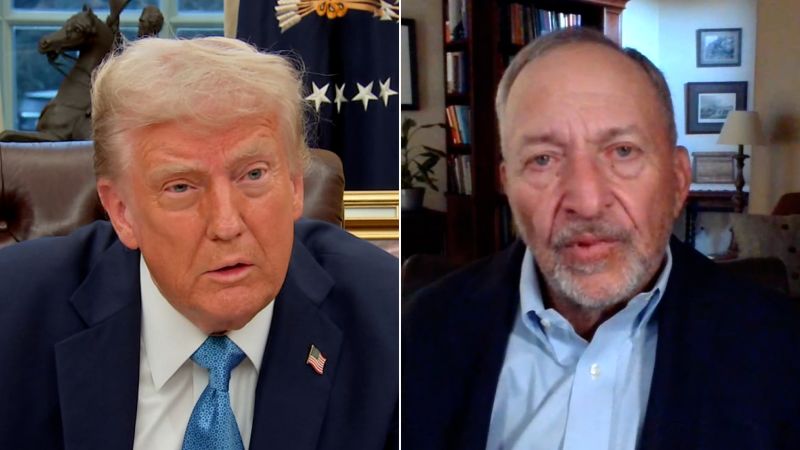Trump's Economic Gambit: A Treasury Veteran Sounds the Alarm on Tariff Tactics

In a bold economic move that sent shockwaves through international trade circles, President Donald Trump dramatically unveiled sweeping new tariffs targeting Mexico, Canada, and China. The landmark announcement was made at his luxurious Mar-a-Lago resort in Florida, marking a significant moment in his administration's trade policy.
The high-profile event drew immediate attention from economic experts, with former Treasury Secretary Larry Summers joining CNN to provide critical analysis and insights into the potential global economic implications of these unprecedented tariffs.
Trump's decision to implement these tariffs represents a culmination of long-standing campaign promises and a strategic approach to reshaping international trade relationships. The announcement underscores the administration's commitment to prioritizing American economic interests on the global stage.
As markets and international trade partners scrambled to understand the full scope of these new economic measures, experts like Summers offered nuanced perspectives on the potential short-term and long-term consequences of such aggressive trade policies.

